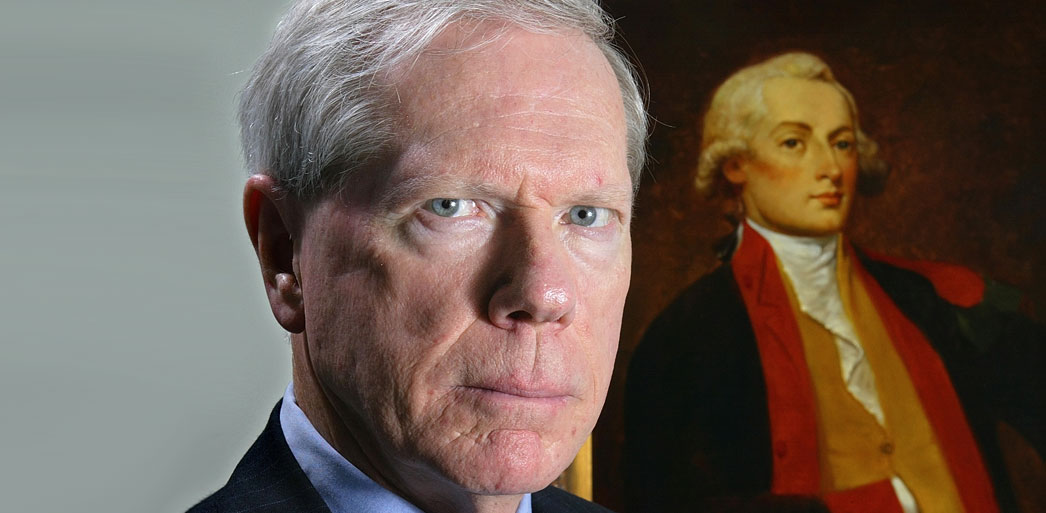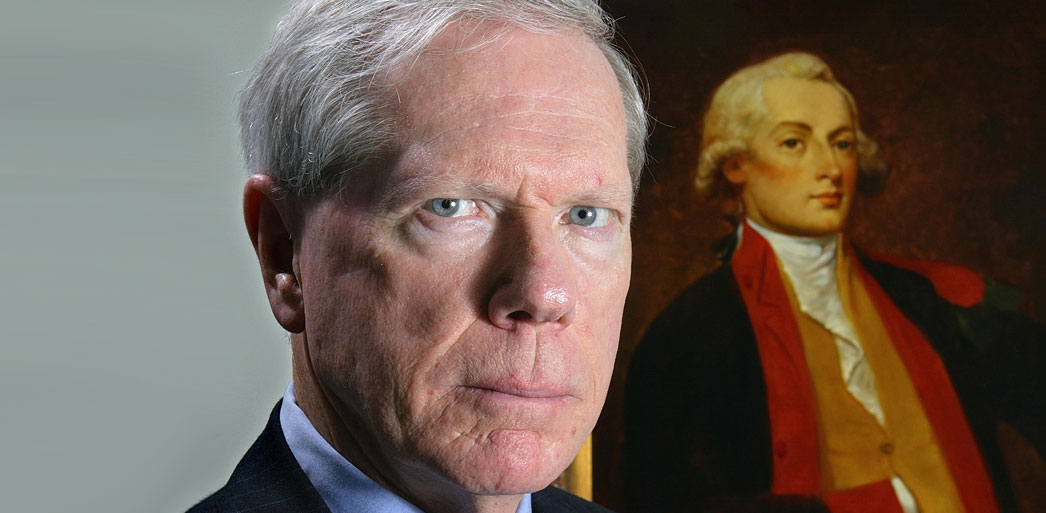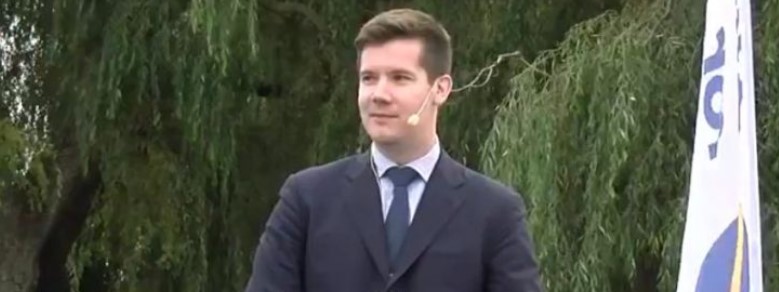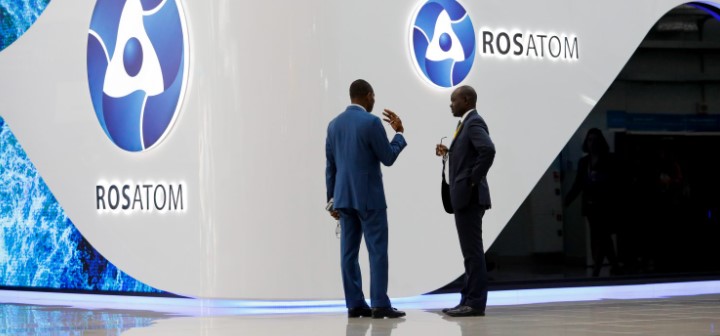Russia’s nuclear power exports: Will they stand the strain of the war in Ukraine?
Russia’s invasion of the Ukraine has led to massive sanctions and resulted in heavy blows to its economy. It has also led to unprecedented condemnation of Russia’s leadership, as well as growing international isolation.
Published: March 6, 2022, 10:41 am
Regardless of the military outcome of the invasion, its aftermath will severely shake Russian diplomatic, trade and business initiatives with potential global partners. This includes the nuclear energy export sector, which is the preserve of the Rosatom state energy corporation.
Of the 57 nuclear reactor constructions initiated between 2011 and 2022, 13 involved Rosatom. Unlike China, the country most active in nuclear plant construction, ten of these were outside Russia’s borders, making it the world’s largest exporter in terms of nuclear plant development.
Interest in nuclear power plant construction slumped in the wake of Fukushima incident in 2011. The intervening years have also seen fast growth in the solar and wind sectors.
But there’s still a pool of nations that has shown keen interest in nuclear energy, such as Saudi Arabia or, in Africa, Rwanda.
Rosatom has been extraordinarily active trying to corner this shrinking market. Only last year Zimbabwe signed an agreement with the company where these commit to a vague form of nuclear energy cooperation.
Nations seeking to set up a nuclear plant invariably face major deterrents. These include very high and sometimes unpredictable building cost, and long construction times. New plants typically only start producing electricity 10 or more years after a project is initiated.
For most countries that means seeking long term loans of the order of $US 10 billion or more that later have to be repaid with interest.
The complexity of the technology and supply of processed nuclear fuel also effectively ties the client country into a dependence relationship with the country developing and servicing the nuclear plant. This can mean agreements typically stretch over 40 years. Such a partnership can only function if both countries enjoy long term stability.
As the invasion of Ukraine is destabilising Russia economically and increasingly leads it to international pariah status, any potential nuclear power partnerships have now become at best severely stressed, and at worst doomed to collapse.
Russia’s nuclear energy vending strategy
In the deals Rosatom has struck in the last ten years it has adopted a highly aggressive commercial expansion strategy.
It starts with Russia, usually through its agency Rosatom, signing nuclear energy cooperation memoranda with a country that has shown interest in nuclear power. These then lobby for the agreements to be broadened into statements of intent to jointly build new nuclear plants.
Rosatom has a lot in the pipeline. It had already started building – or was expected to start construction soon – on plants in China, India, Bangladesh, Turkey, Hungary, Belarus, Finland and Egypt. In Africa, Russia has cooperation agreements aspiring to eventually lead to nuclear build commitments with about twenty countries.
Russia has introduced attractive low interest loans for clients that are unable to afford the construction cost of a new nuclear plant. These loans typically require annual repayments that only start once a plant is operational, and continue for another 20 years or so years. And they are heavily subsidised by the Russian state.
Egypt’s El Dabaa project is a good example of how the loans are structured. The loan is for US$ 25 billion, which is in theory projected to cover 85 percent of the building costs. The annual interest is 3 percent, with repayment kicking in in 2029 and continuing for 22 years thereafter.
What if things go wrong
Since the start of the attack on Ukraine, Russia has faced unprecedented international condemnation, sanctions and targeted blows to its economy.
An immediate consequence has been the suspension and possible termination of Rosatom’s Hanhikivi project in Finland. In Hungary, another European Union member, Rosatom’s Paks II nuclear plant is clearly in jeopardy.
Other international projects will also come under increasing scrutiny.
The biggest threat to the Russian international nuclear power initiative will be to the financing of projects. An already weakened Russian economy hit by foreign sanctions and war costs is not going to be able to afford to offer the massive loans on which all its foreign nuclear projects depend.
In addition, a large part of the financing often comes from private companies. But they will now be deterred from investing in financially risky projects linked to Russia as they would then become themselves exposed to potential sanctioning and reputational damage.
Russian-driven nuclear developments are now also at a much greater risk of construction delays and cost escalations due to complications in material supplies procurement and financial transaction difficulties. The already significant long-term economic dangers associated with mega-scale nuclear developments will now be multiplied, and shy away potential clients.
There is also a political dimension to the zeal with which Russia has been relentlessly driving its global nuclear power initiative. A country receiving a loan and reliant on Russia for keeping its electricity supply going now becomes very dependent, and has to maintain the goodwill of the Russian government. This can compromise a country’s independence.
Nigeria has just announced that it is seeking to build nuclear facilities. Under previous circumstances, Russia would have been a front runner in the award of this contract. Given the geopolitical situation and associated financing challenges, it now however becomes almost impossible to envisage a situation where Rosatom could pull off this project.
Similar situations will likely arise even in some cases where construction is already under way. For example, Egypt’s El Dabaa build also relies on other partners that favour isolating Russia.
The era of Russian foreign nuclear builds is therefore soon likely to be over.
Hartmut Winkler
Professor of Physics, University of Johannesburg
All rights reserved. You have permission to quote freely from the articles provided that the source (www.freewestmedia.com) is given. Photos may not be used without our consent.
Consider donating to support our work
Help us to produce more articles like this. FreeWestMedia is depending on donations from our readers to keep going. With your help, we expose the mainstream fake news agenda.
Keep your language polite. Readers from many different countries visit and contribute to Free West Media and we must therefore obey the rules in, for example, Germany. Illegal content will be deleted.
If you have been approved to post comments without preview from FWM, you are responsible for violations of any law. This means that FWM may be forced to cooperate with authorities in a possible crime investigation.
If your comments are subject to preview by FWM, please be patient. We continually review comments but depending on the time of day it can take up to several hours before your comment is reviewed.
We reserve the right to delete comments that are offensive, contain slander or foul language, or are irrelevant to the discussion.

The inflation hoax
Yes, prices are rising, but not for the reasons the Federal Reserve says. When I say inflation is a hoax, I mean the purported cause is a hoax. The Fed is fighting a consumer inflation, a “demand-pull” inflation. But what we are experiencing is a supply-side inflation caused by the Covid lockdowns and economic sanctions that closed businesses, disrupted supply chains, and broke business relationships while reducing energy supplies to the UK and European countries, thus forcing up costs in a globalized economy.

Two-Party Pox: The Republicans suck and the Democrats want to kill you
The Republican Party has never stood up for Americans, will never stand up for them and is not going to do what it takes. Past is prologue.

Russia’s loss at Kharkov highlights crippling shortage of men
KharkovThe frontline in this case relied on heavily outnumbered 2nd rate Lugansk draftees plucked from the LPR.

A country without an honest media is lost
For some time I have reported to you that in place of a media, a media that our founding fathers relied on to protect our society, the United States has had a propaganda ministry whose sole purpose is to destroy our society.

Sweden’s decaying democracy
A journalist is arrested and dragged out of the Gothenburg Book Fair because he politely asked a powerful politician... the wrong questions about his support for the ethnically-cleansed Zimbabwean dictatorship. Not only journalists, but academics and bloggers are being hounded by the leftist establishment daily. And the leftists have all the nasty instruments of the state at their disposal. Citizen reporter Fabian Fjälling looks into their excesses.

The geopolitical future of Nordic countries
Between unity and disunity, independence and foreign interference: Nordic countries have to either choose between creating an independent neutral block in the North, or seeing the region being divided between the great powers.

Russian, Chinese intelligence: ISIS heading for Central Asia with US cover
Operatives of the crumbling Islamic State in Syria and Iraq (ISIS) are moving to new battlegrounds near the Russian border, intelligence sources have revealed.

The unraveling of US/Russian relations
Washington has taken nuclear war against Russia from a hypothetical scenario to a real danger that threatens the future of humanity.

Hero commander killed in Syria – when the war is nearly won
For most Syrians it came as a shock: One of the most popular military commanders of the Syrian Arab Army, Issam Zahreddine, was killed on 18 October 2017.




No comments.
By submitting a comment you grant Free West Media a perpetual license to reproduce your words and name/web site in attribution. Inappropriate and irrelevant comments will be removed at an admin’s discretion. Your email is used for verification purposes only, it will never be shared.